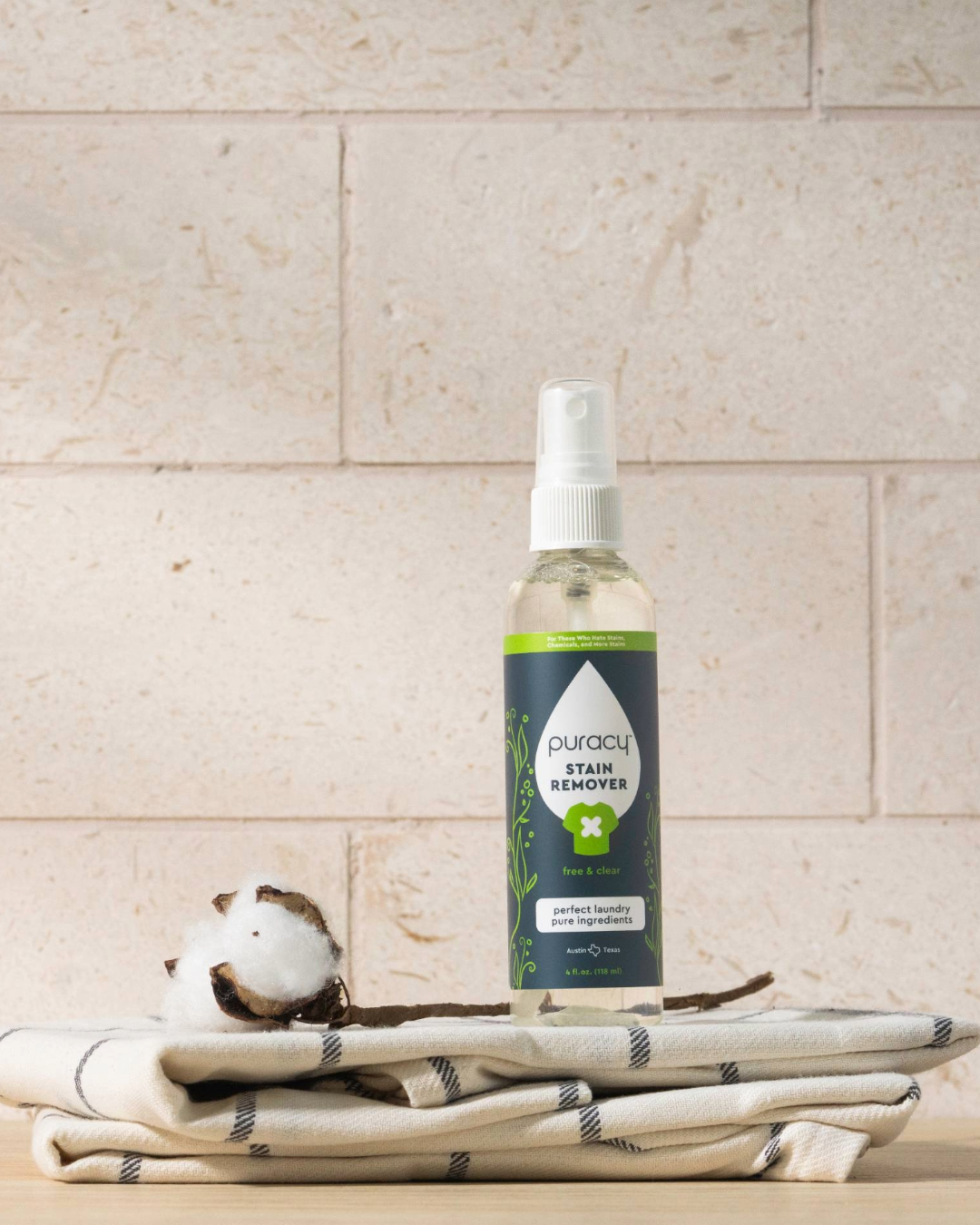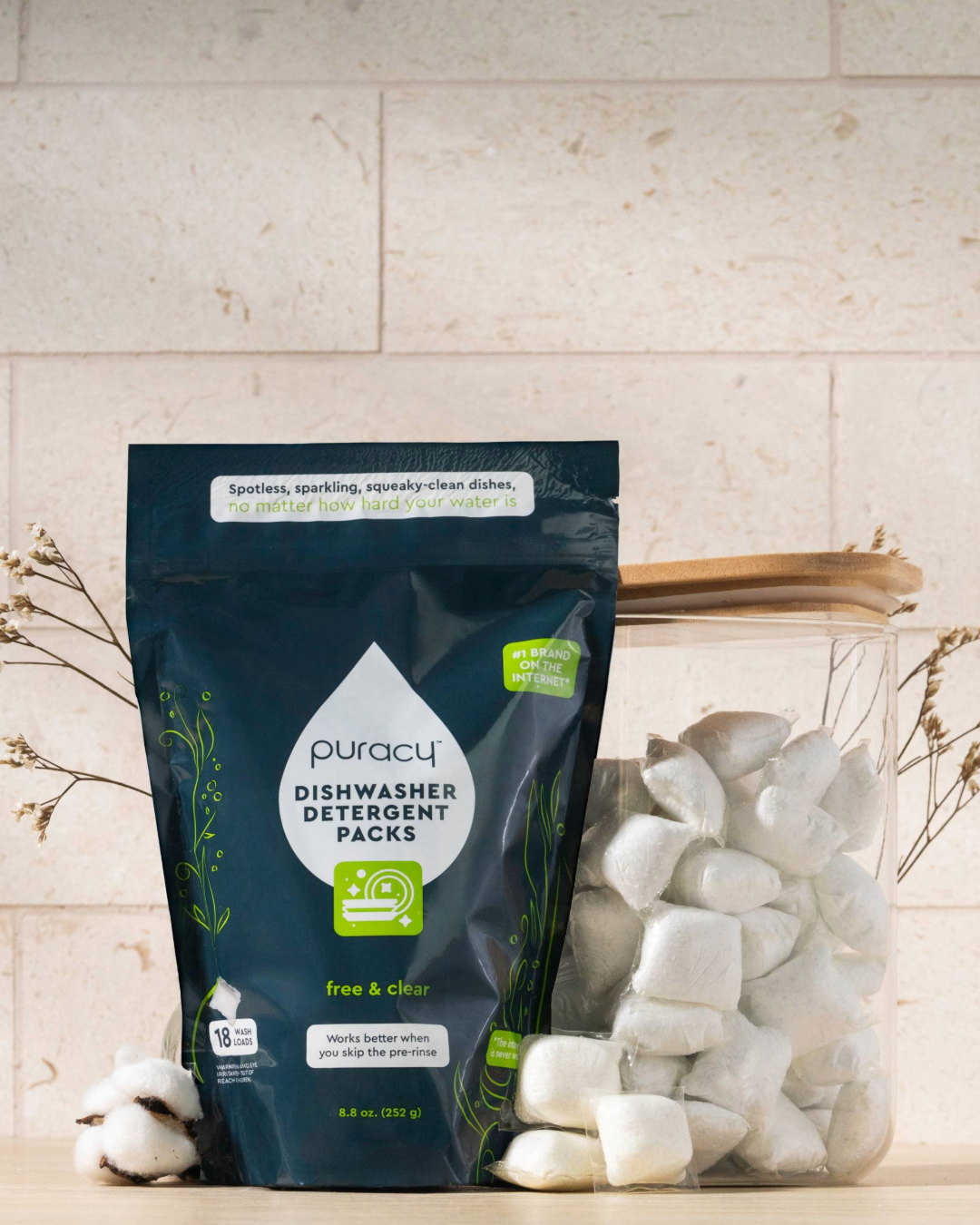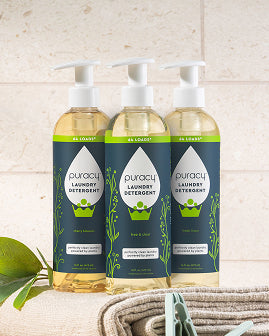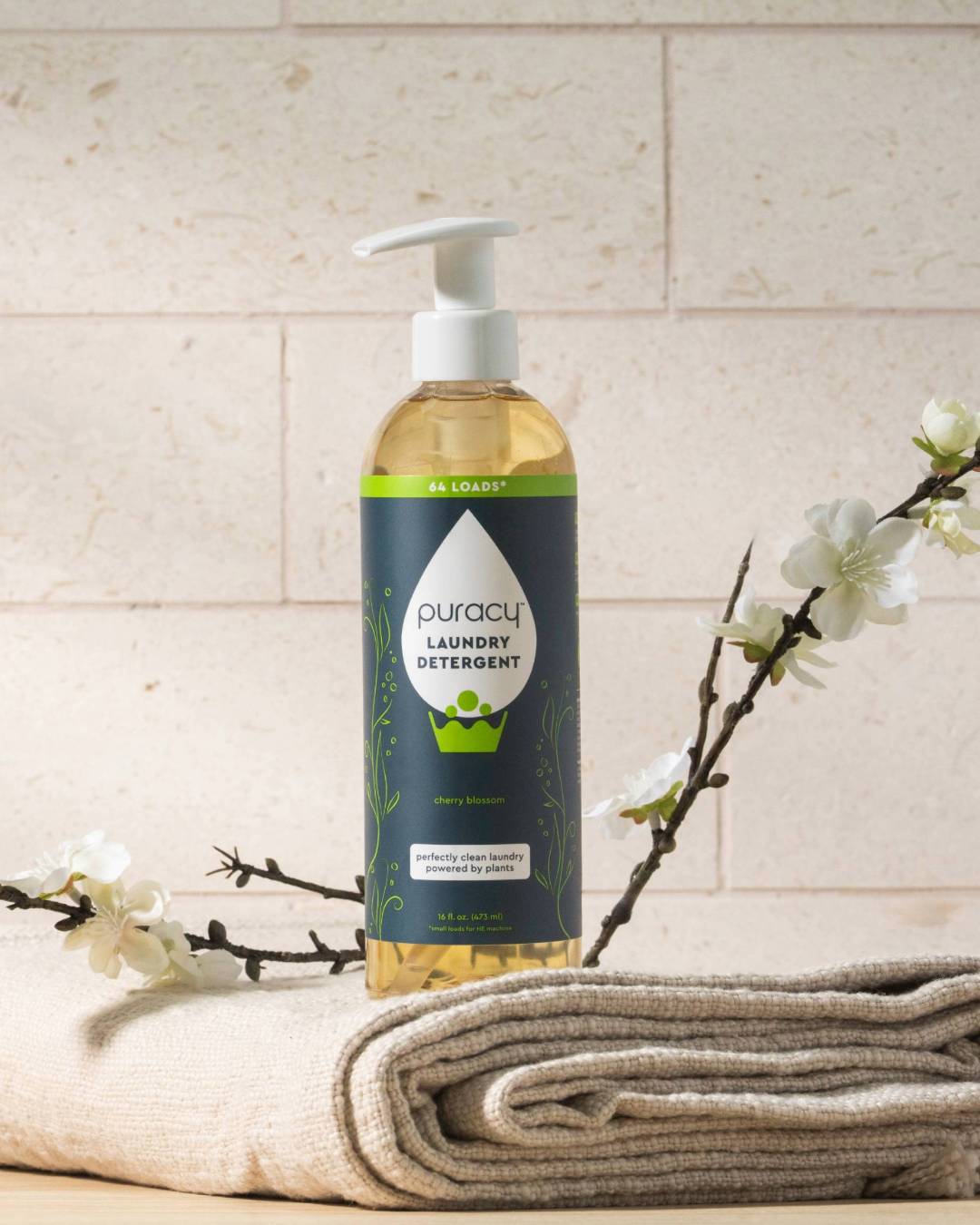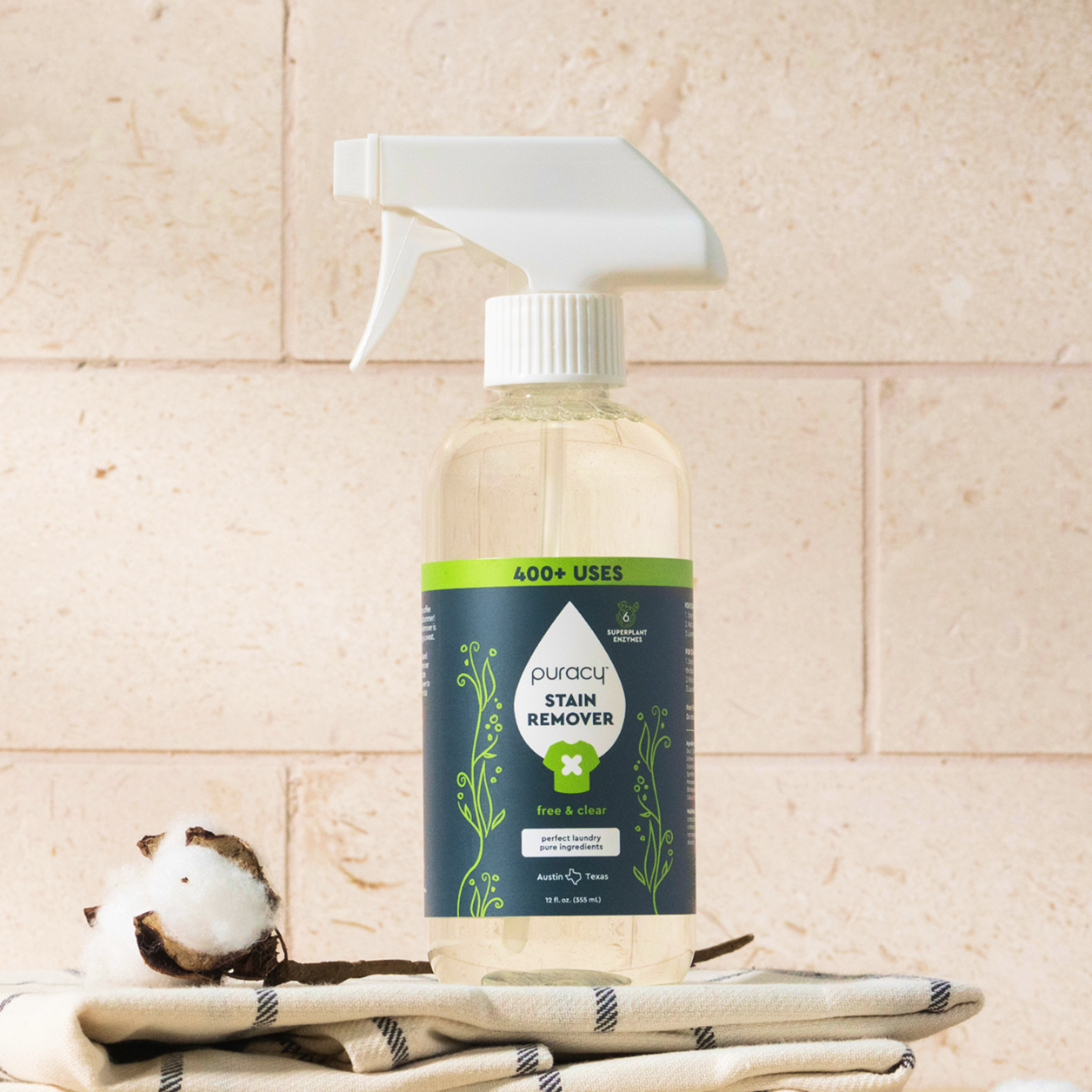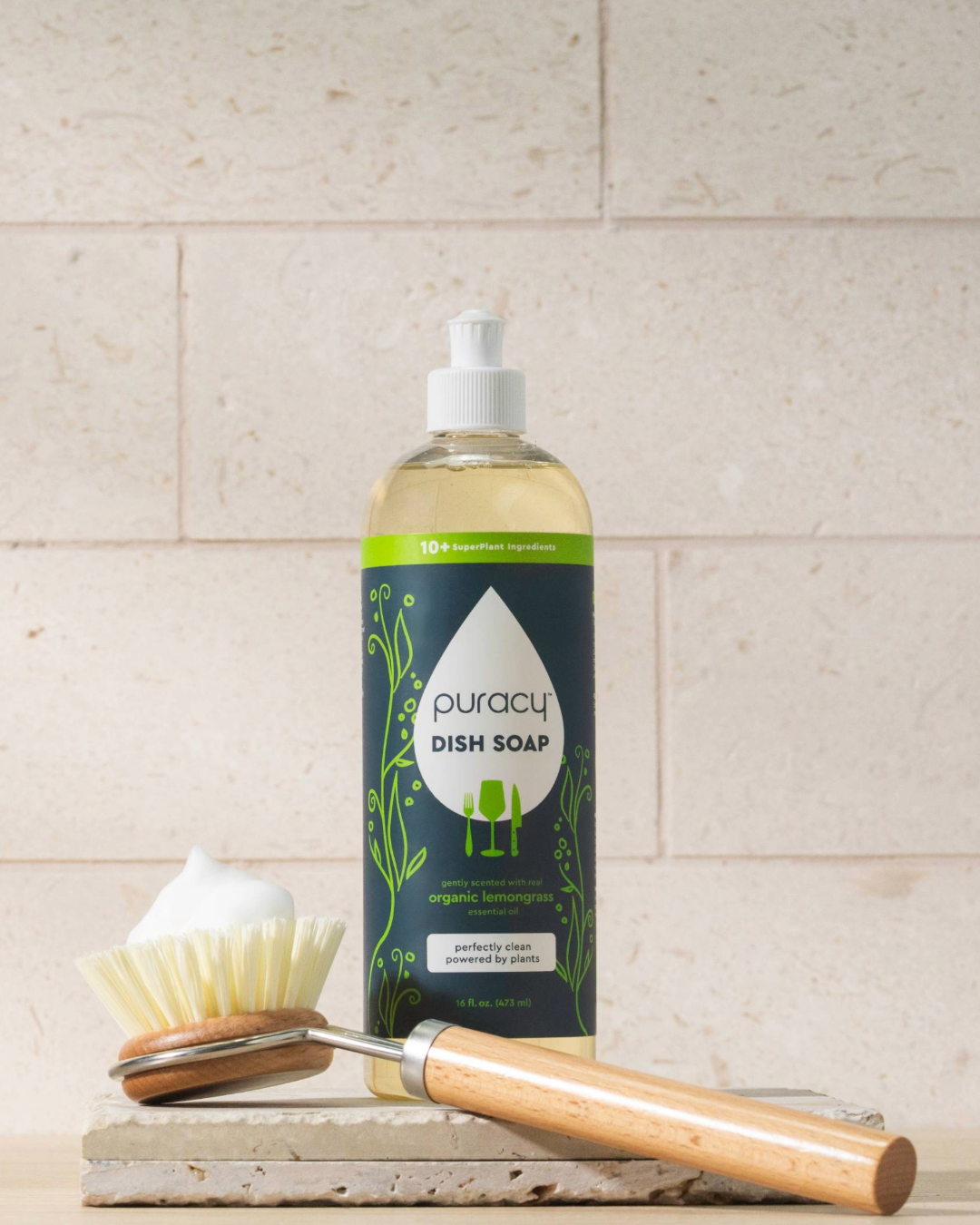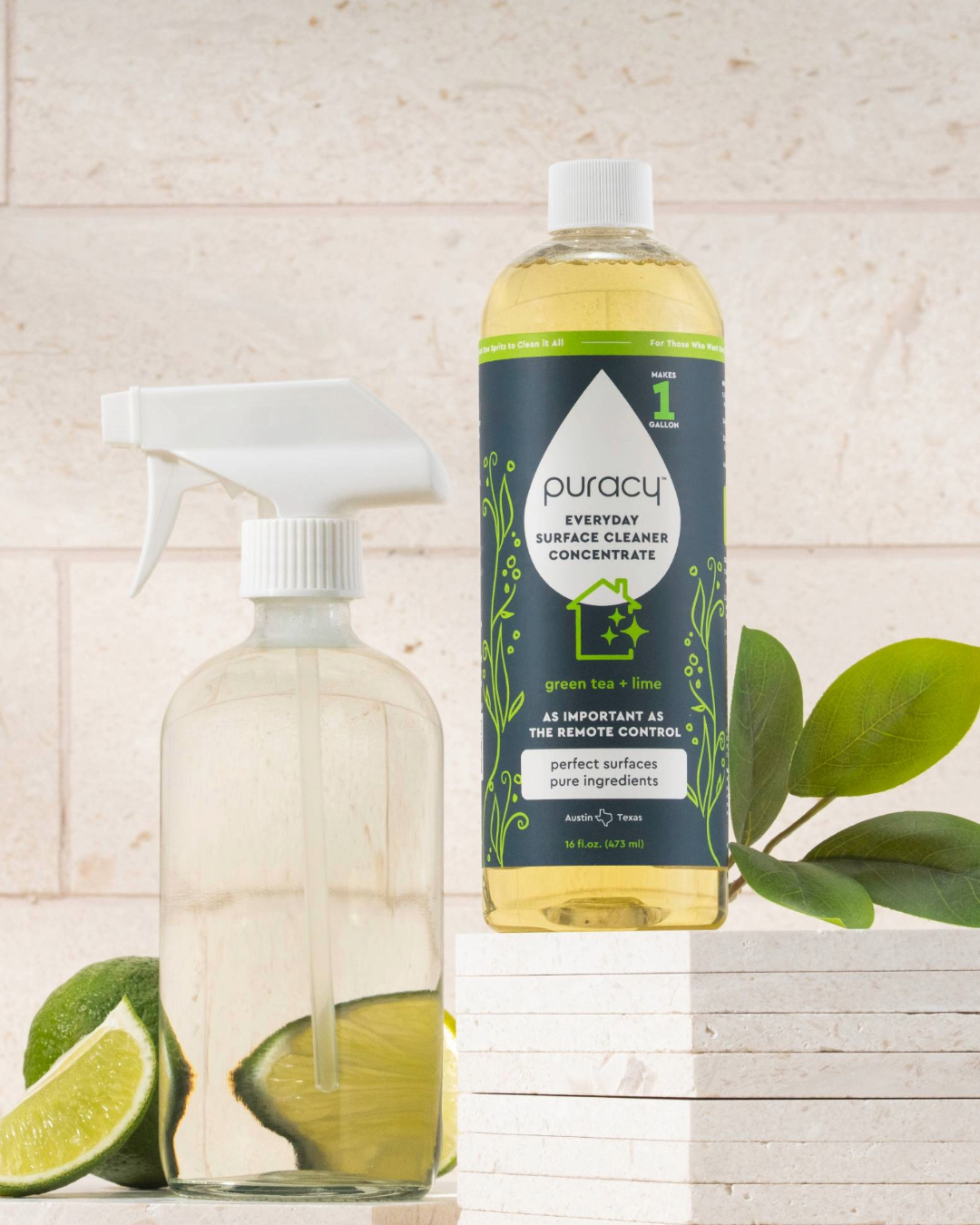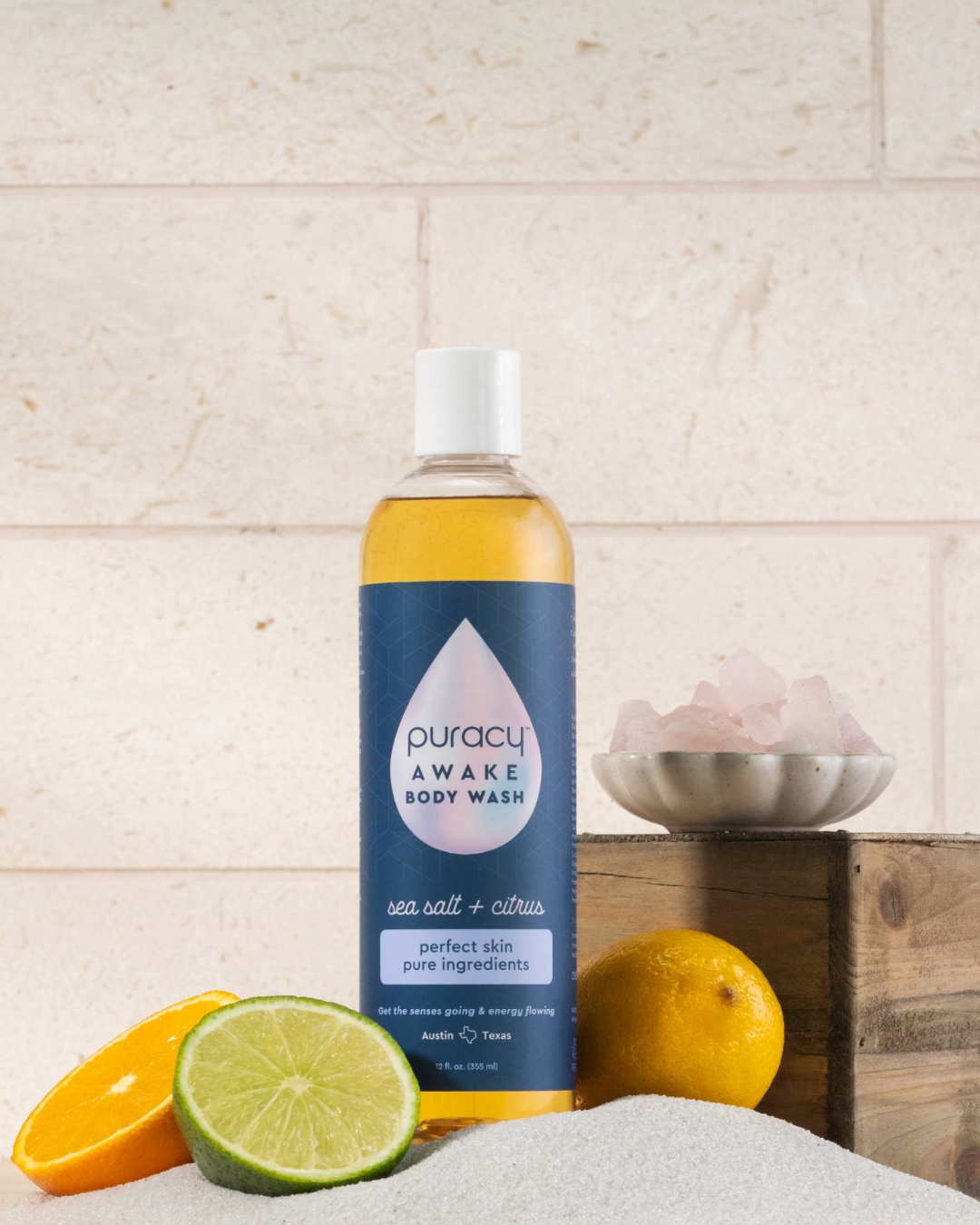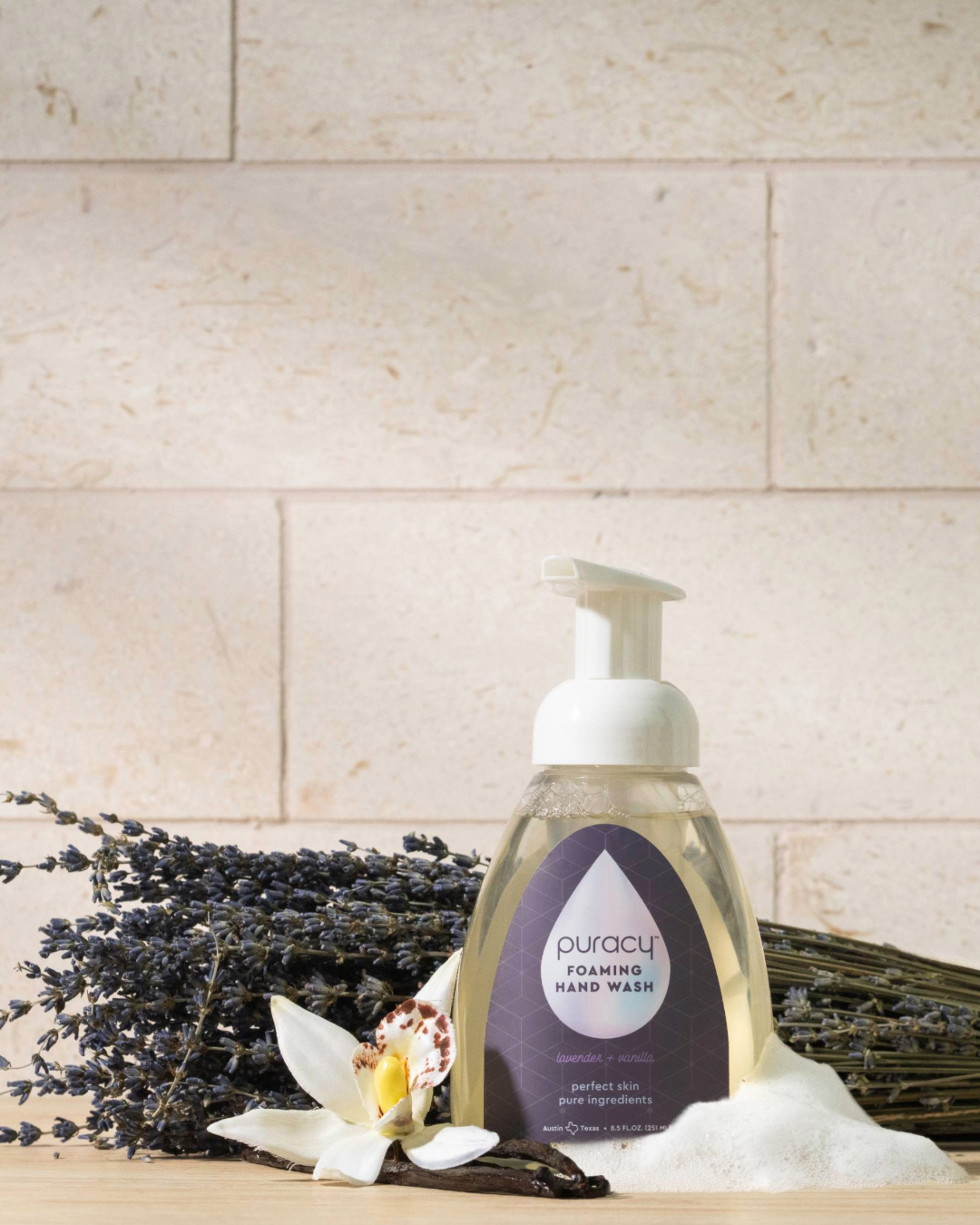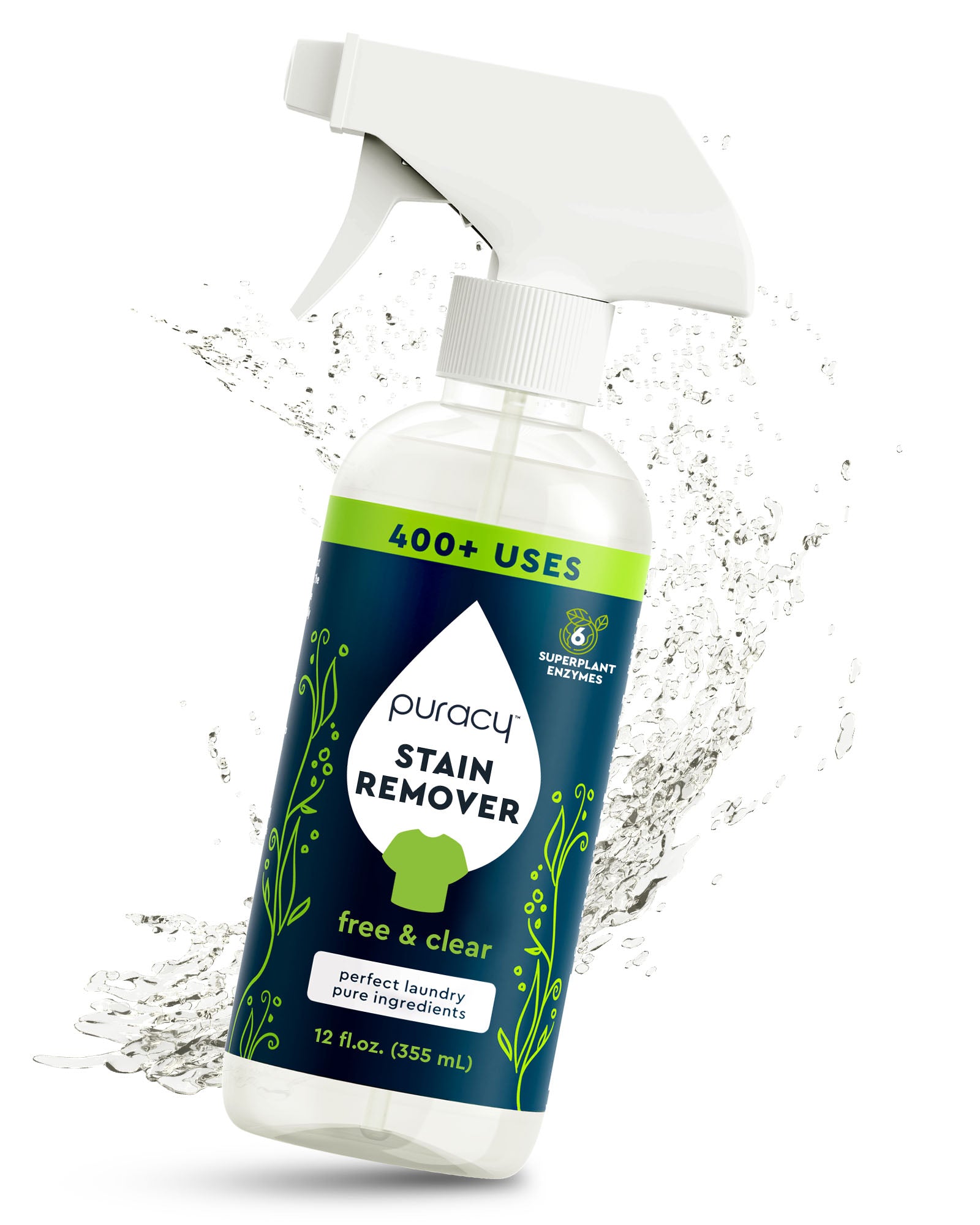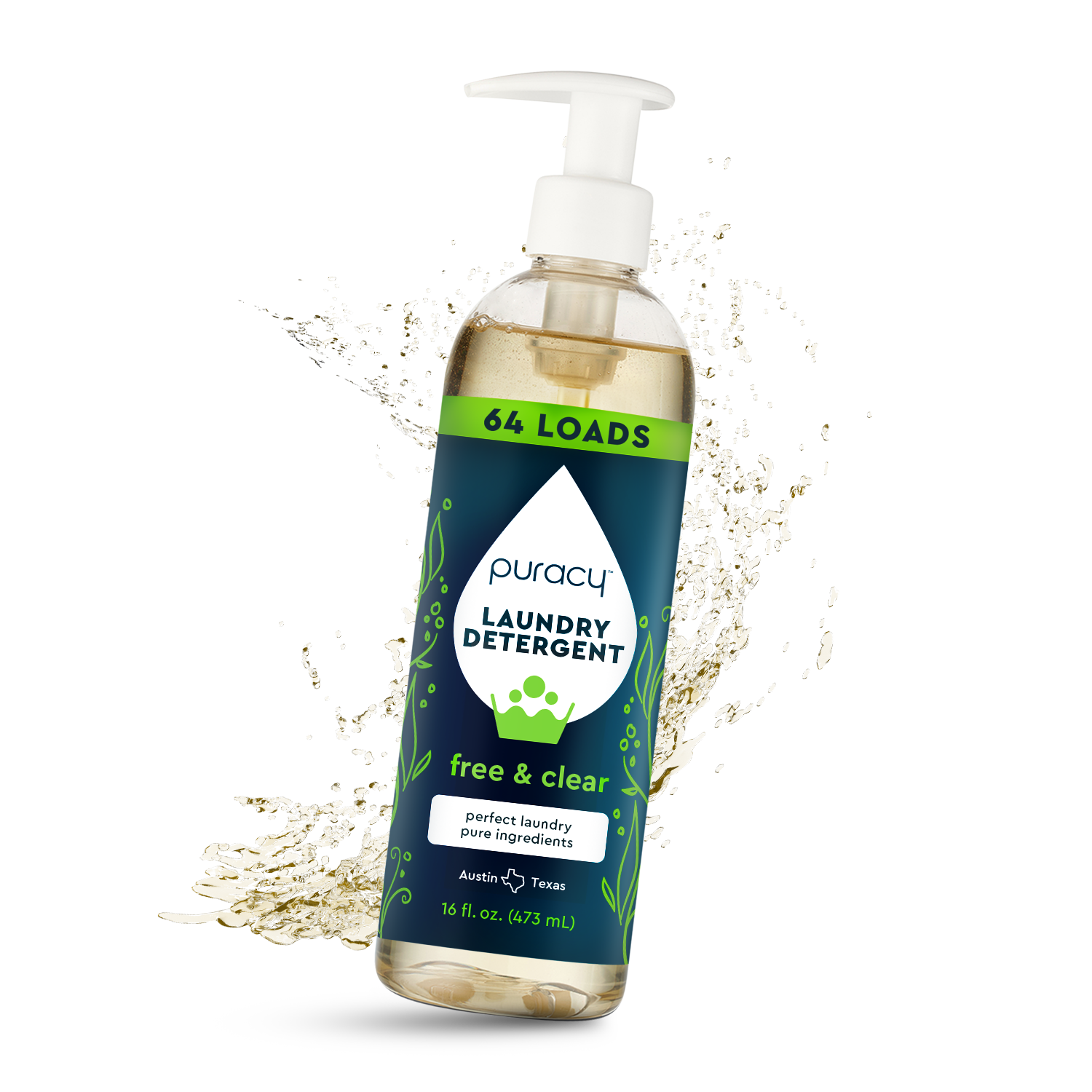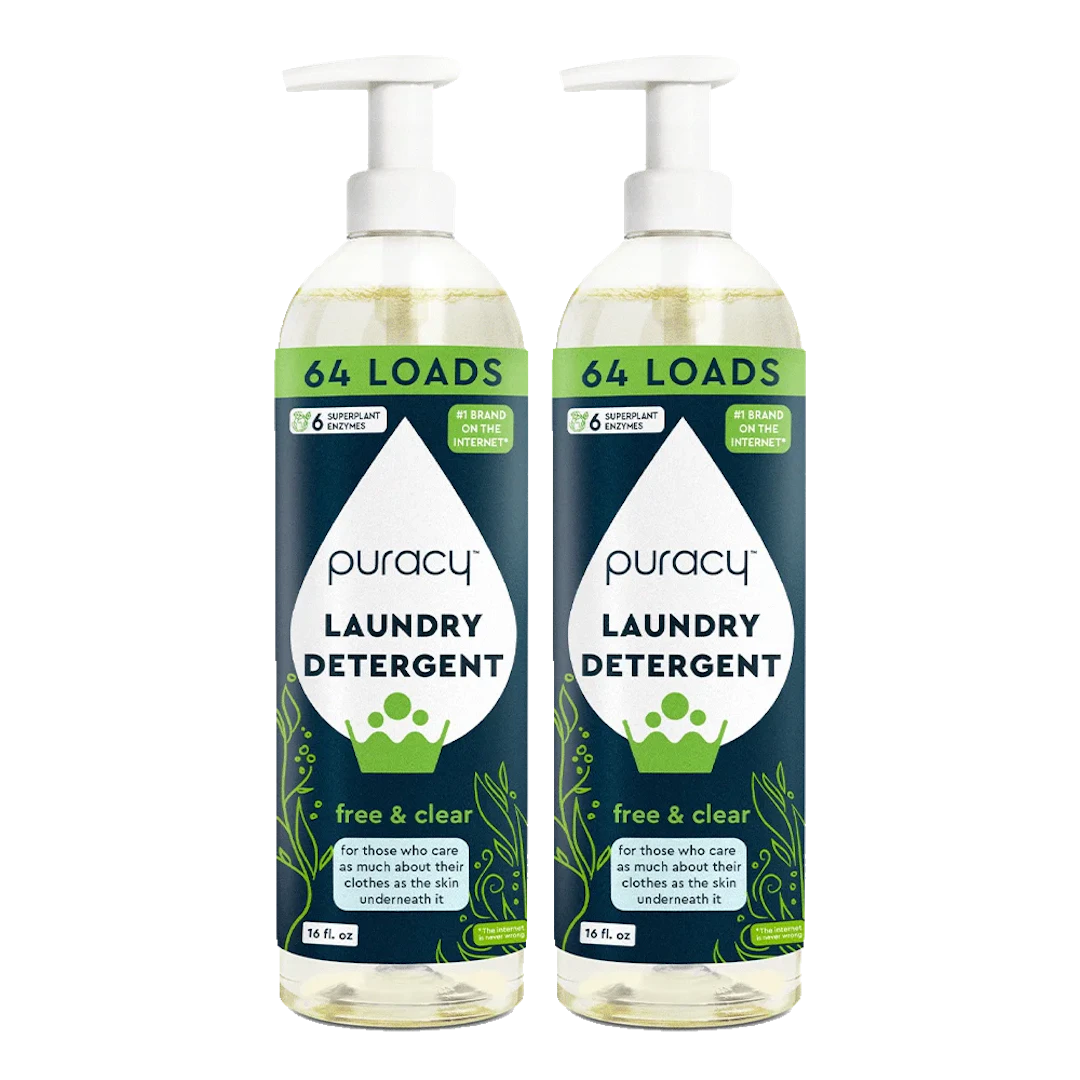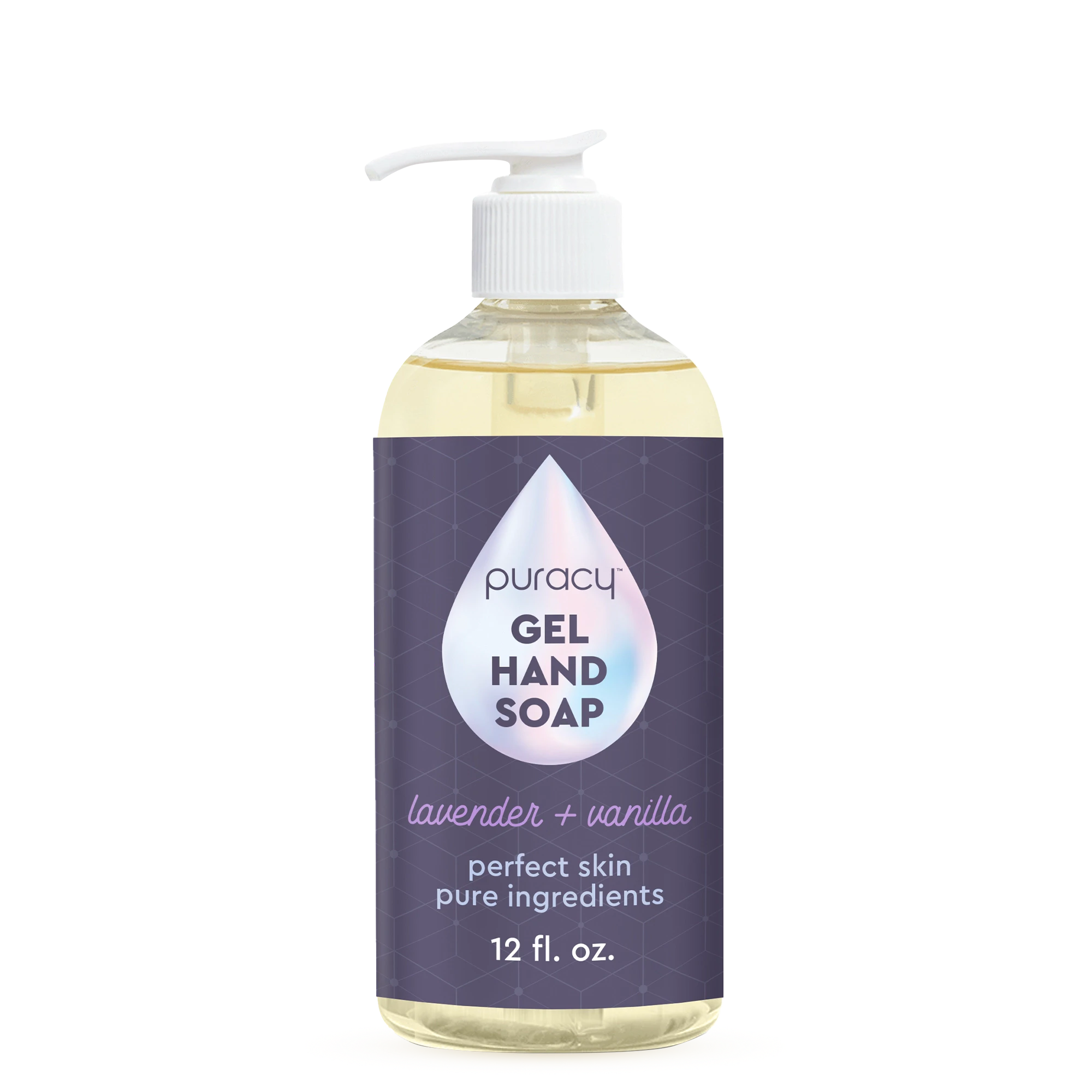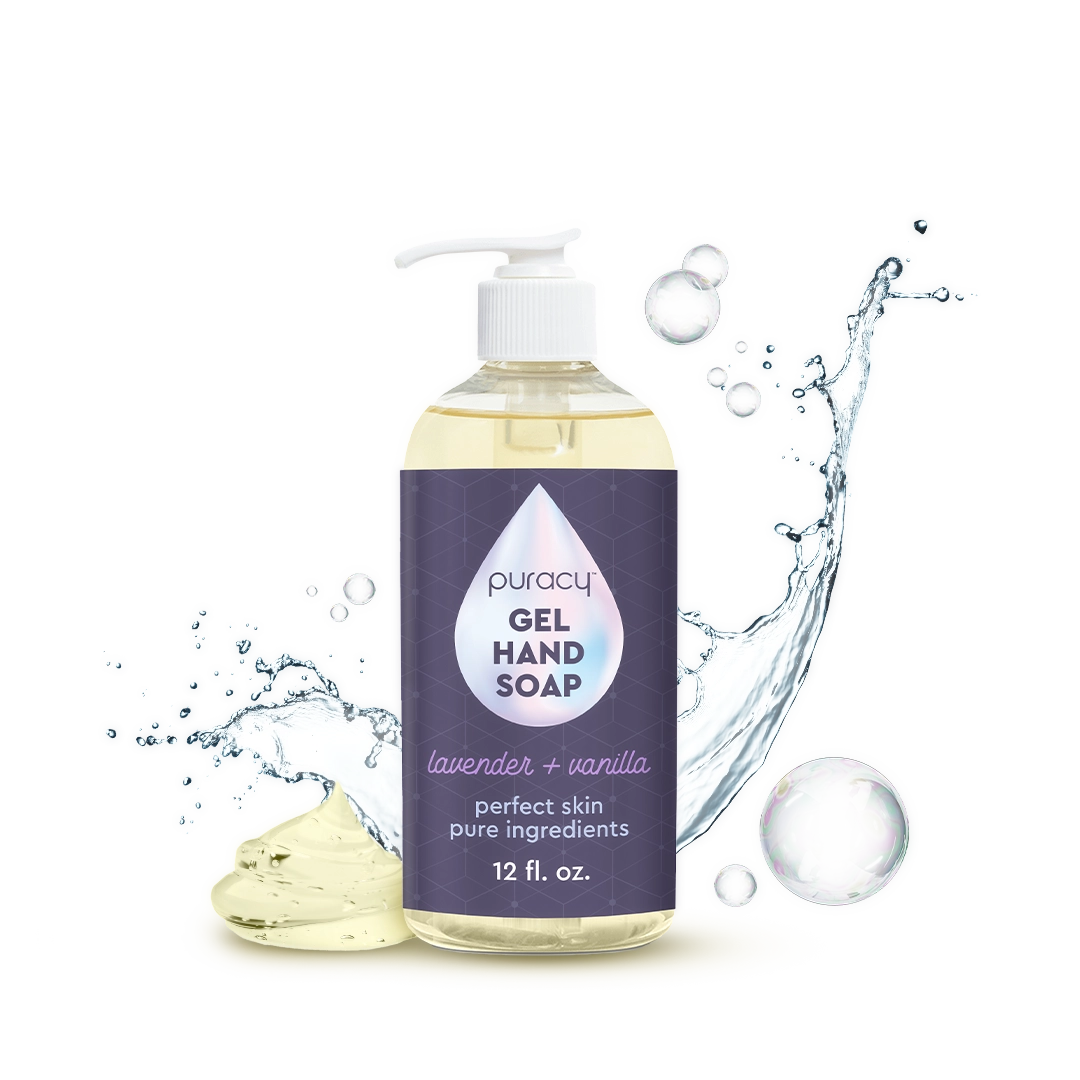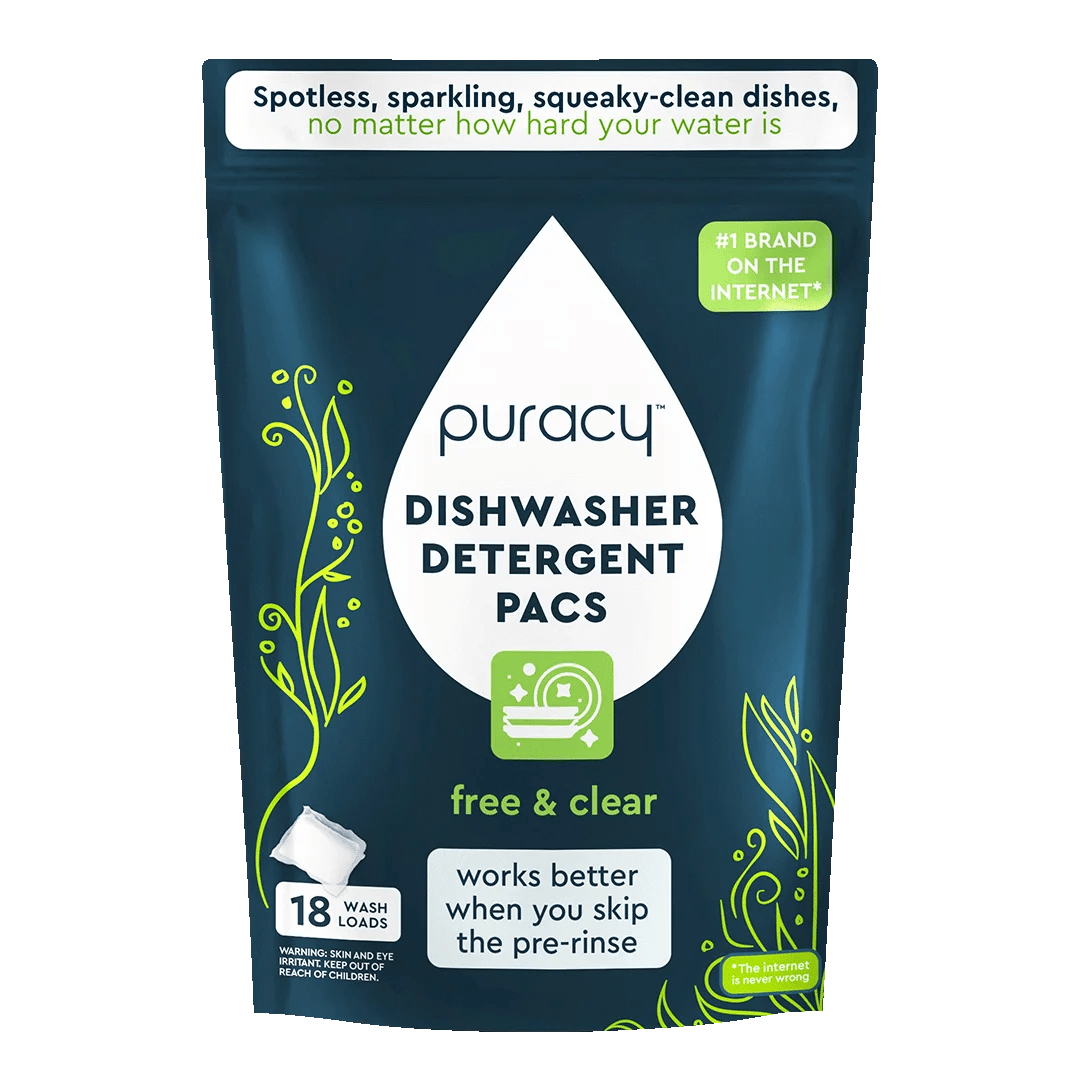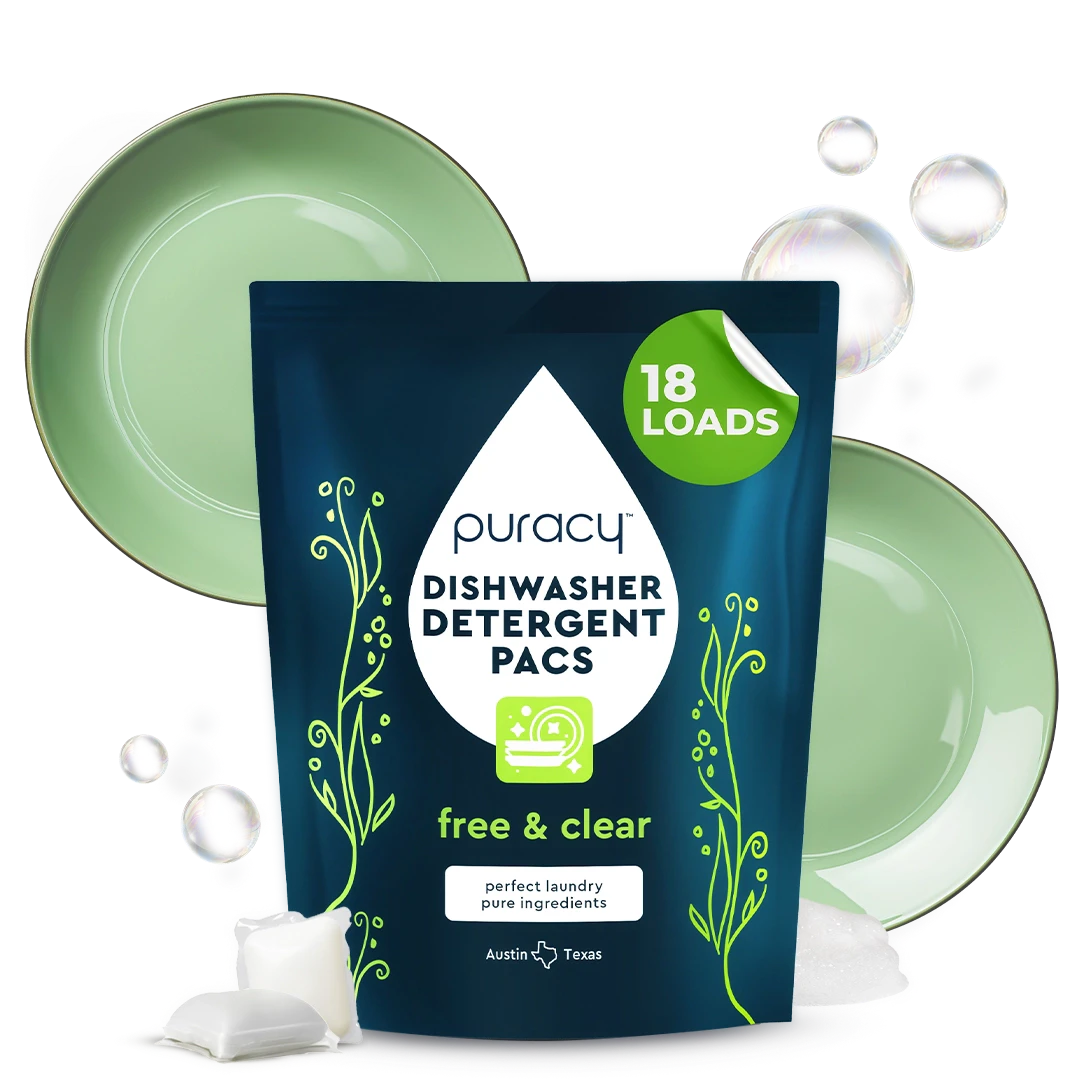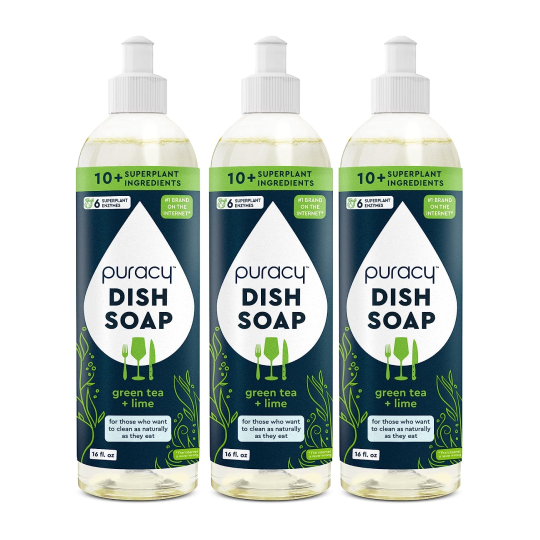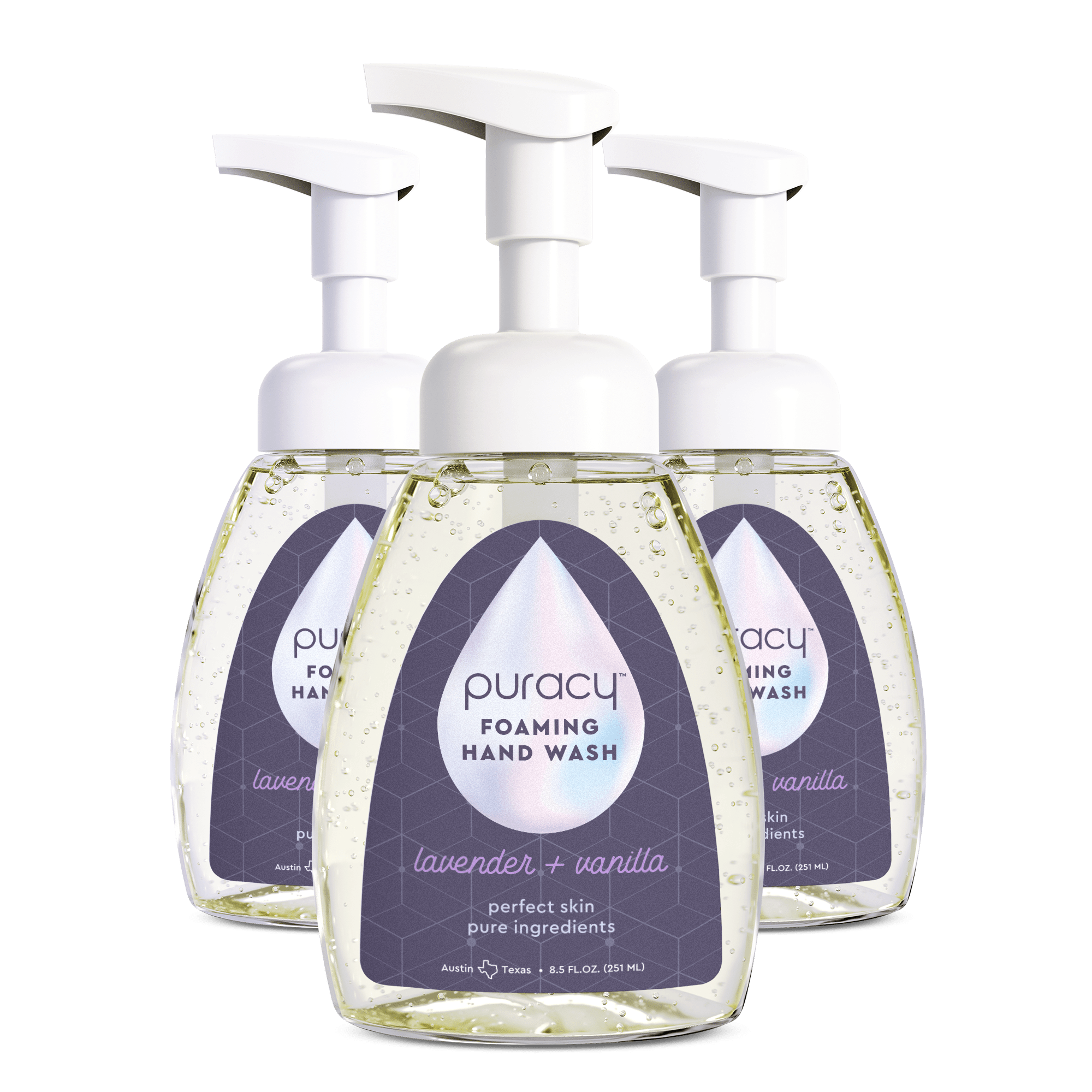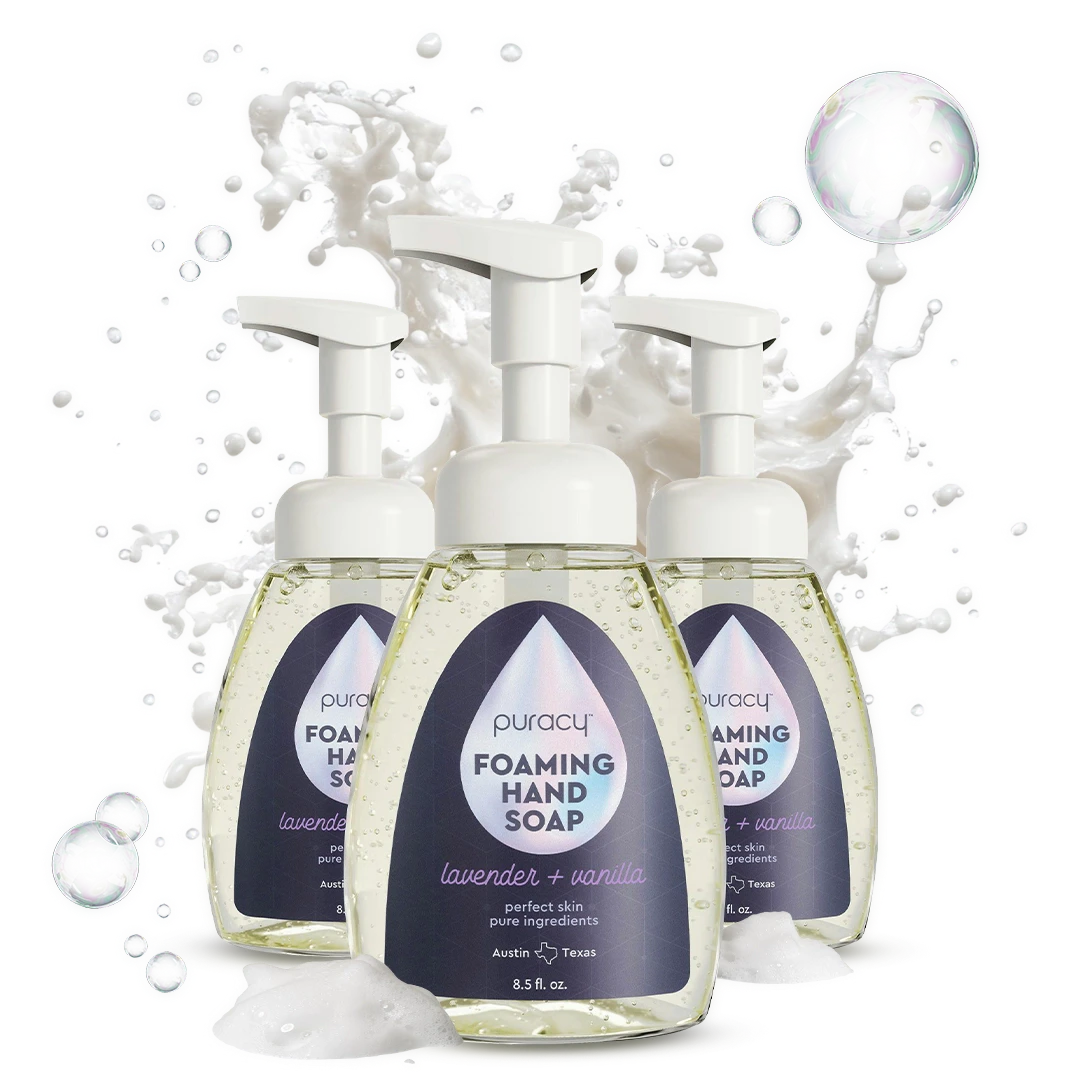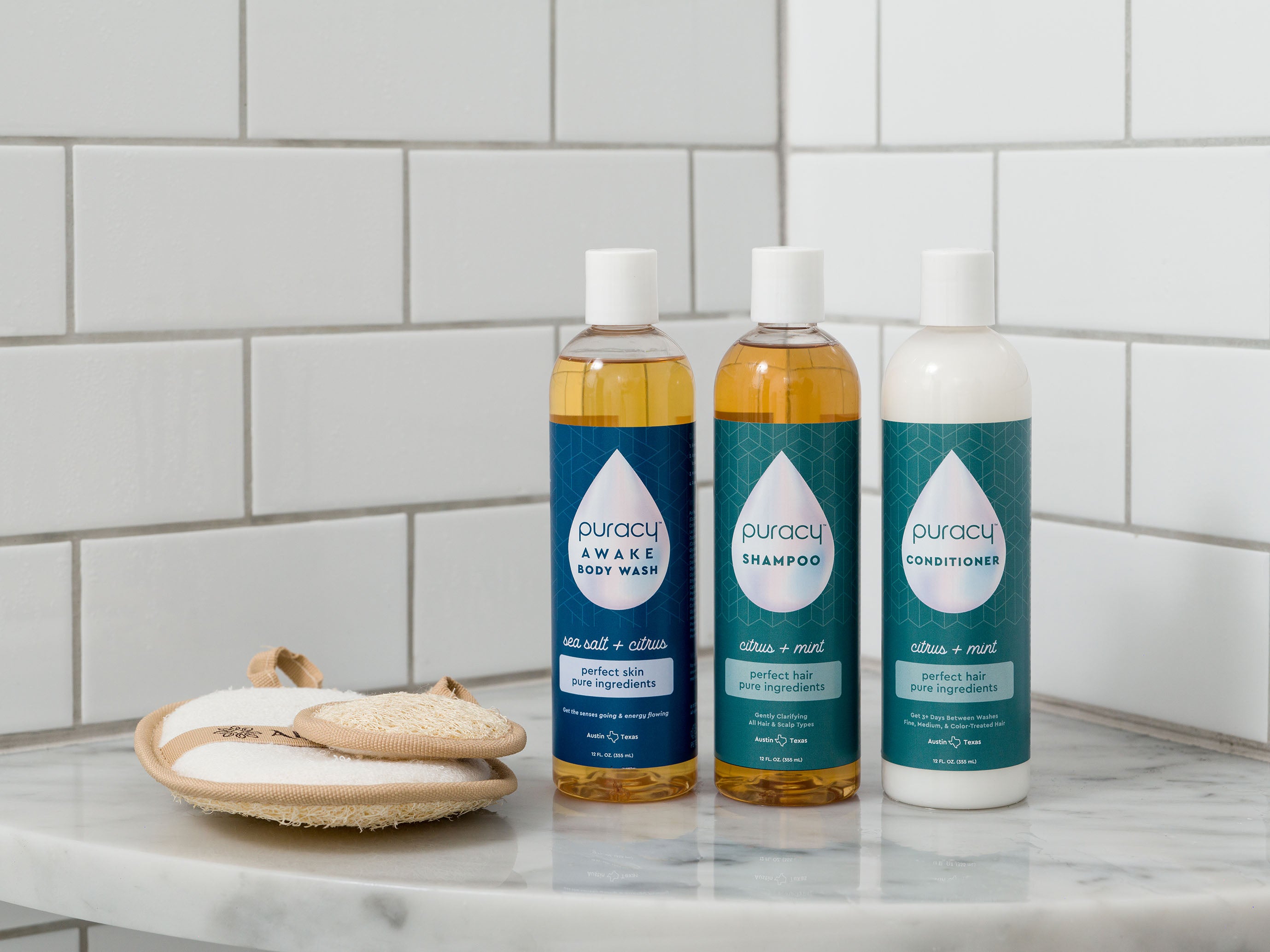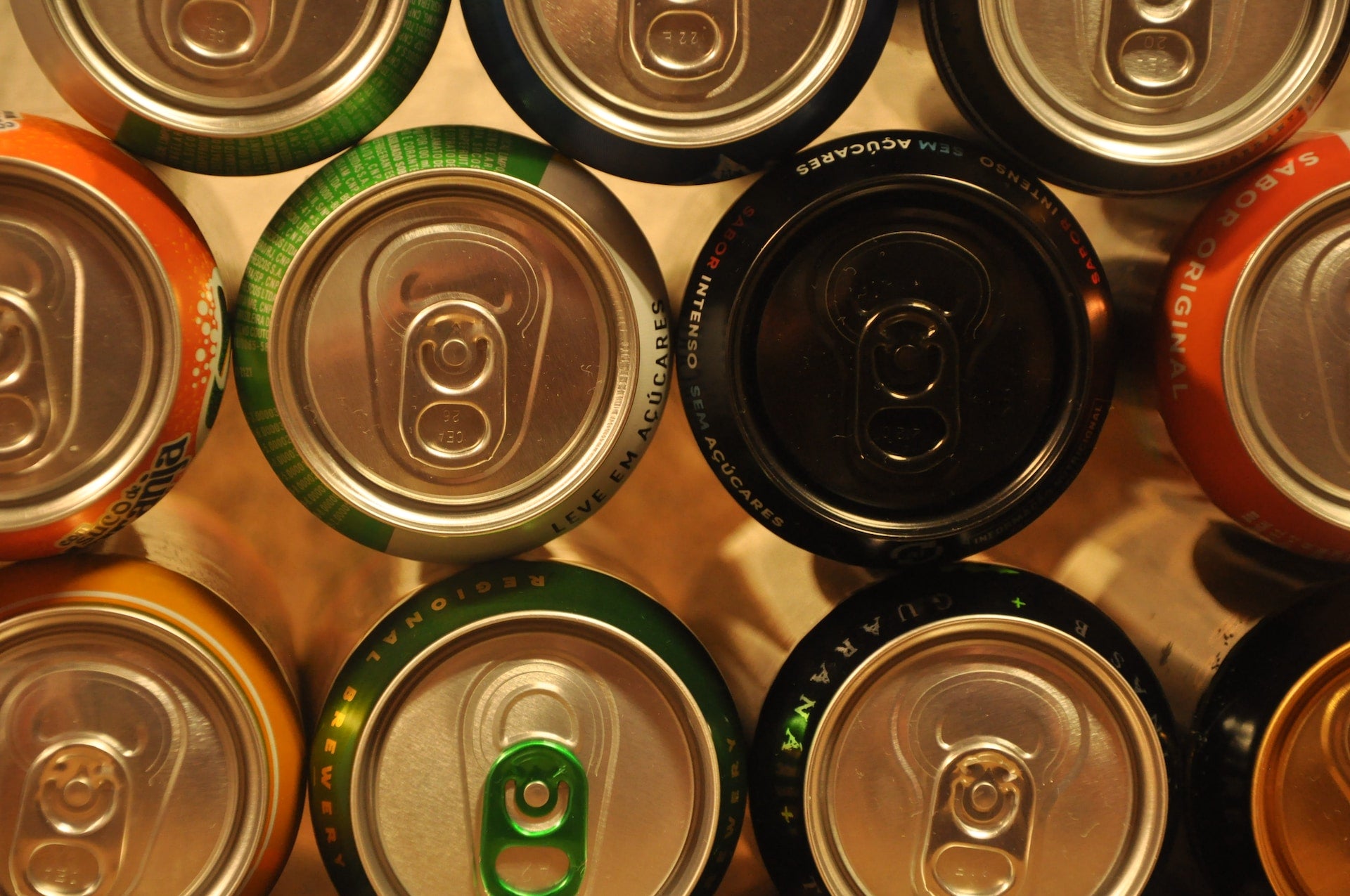
Aluminum vs. Plastic: Which One is the Most Sustainable Option?
Research shows aluminum is more sustainable than plastic since it uses less energy to make and is infinitely recyclable. When it comes to cutting back on plastic waste, there's a sustainable, infinitely recyclable alternative: aluminum. Unlike plastic, it has a lower environmental impact, while also being durable and versatile. Let's take a look at its benefits, as well as its limitations, when it comes to being an eco-friendlier alternative to plastic.
Why Do We Need an Alternative to Plastic?

The over abundance of plastic waste is an ever present threat to our environment. Not only does the production and disposal of plastic cause hazardous waste and toxic greenhouse emissions, but it also pollutes eco systems and harms wildlife.
Finding a sustainable alternative to plastic, especially when it comes to packaging and container materials, has never been more important. In 2018, US landfills received 27 million tons of plastic, and that figure has grown to 40 million tons in 2021. Luckily, there are sustainable alternatives to plastic out there. One of the most notable ones? Aluminum.
Aluminum vs. Plastic: Which One is Better?

Unlike plastic, aluminum does not degrade in quality once it's recycled, making it infinitely recyclable. Plus aluminum is more durable thanks to its light, malleable composition, making it a versatile material. This also makes it less likely to be thrown away when used as a container or packaging, unlike plastic.
The Sustainable Benefits of Aluminum

Let’s take a closer look at what makes aluminum an eco-friendly plastic alternative, including its recyclability, durability, environmental impact, and more.
Infinitely Recyclable
When it comes to recycling, aluminum has the highest potential for reuse, as about 50% of aluminum cans are recycled. When it comes to recycling, aluminum has the highest potential for reuse, as about 50% of aluminum cans are recycled. In fact, 75% of all aluminum ever produced is still in use today. Since the quality of aluminum does not degrade once it's recycled (unlike plastic), its potential for reuse is high.
Durability
As the second most abundant metallic element on the planet, aluminum has excellent resistance and durability. Its low density and high resistance to corroding over time make it a durable building material for everything from soda cans to spacecraft. Aluminum can last for decades, and it's also lightweight and a good conductor for heat and electricity, making it ideal as a material for packaging and containers.
Environmental Impact
Recycling aluminum uses 5% less energy compared to recycling other materials, and 1 ton of recycled aluminum saves 9 tons of carbon emissions. When recycled, aluminum can be a sustainable option for packaging, as aluminum beverage cans are already one of the most commonly recycled materials.
It also takes up to 95% less energy to recycle aluminum than produce new aluminum. This also results in less greenhouse emissions, so it's beneficial that 75% of aluminum that has been produced is still in use today.
The Versatile Functionality of Aluminum

Aluminum can be used in a variety of different applications as an alternative to plastic, including packaging, heating, and more.
Packaging
Aluminum cans are synonymous when it comes to soda cans, but more and more industries are beginning to use aluminum as plastic alternatives for their packaging. In the beauty and cosmetics industry, more brands are switching to aluminum, as it can also protect their products from oxidation and light degradation.
Heat Conduction
Aluminum's lightweight, flexible, and impermeable components also make it ideal for reusable food containers. Further, its ability to quickly and efficiently transfer heat also finds it used in everything from automobile cooling systems to cookware.
Building and Construction
Again due to its lightweight nature and high resistance to corrosion, aluminum is also commonly used as a building and construction material. It has a high strength to weight ratio, giving it the ability to add strength to a structure without weighing it down.
The Limitations of Aluminum

Unfortunately, there is no 100% perfect solution out there to ending plastic waste. Despite its many benefits, there are a few limitations to aluminum to consider.
Cost of Production
Overall, plastic is cheaper to produce than aluminum, but the process of doing so often results in dangerous greenhouse emissions and eventual plastic waste buildup in landfills. There are also greenhouse emissions involved in aluminum production, but less so when using recycled aluminum.
Transportation Emissions
When it comes to transporting aluminum, there are higher greenhouse gas emissions when compared to plastic. However, more brands and organizations are researching more sustainable options when it comes to transporting aluminum. In the end, when it comes to doing a complete comparison of plastic and recycled aluminum, aluminum has a smaller overall environmental impact.
Aluminum Recycling and Its Cultural Impact

For decades, aluminum has been commonly recycled in the United States, and people associate the material with its recyclability and are less likely to throw it away. This makes it a favorable option for packaging compared to single-use plastic, as people are more likely to recycle aluminum or reuse aluminum containers.
When aluminum beverage cans became popular in the late 1960s, campaigns to recycle aluminum also grew. Thus, recycling aluminum has become a part of the public consciousness since then, resulting in aluminum being more commonly recycled than plastic.
The Future of Sustainable Packaging Continues with Puracy

At Puracy, we continue to innovate and research different ways we can make sure our packaging and cleaning formulas have a positive environmental impact. Our eco-friendly refill pouches are biodegradable, and our Infinity Glass Bottles offer a reusable alternative to single-use plastic.
Plus keep an eye out for how we’ll incorporate infinitely recyclable aluminum to our packaging. After all, it’s on all of us to ensure a sustainable future for generations to come.
